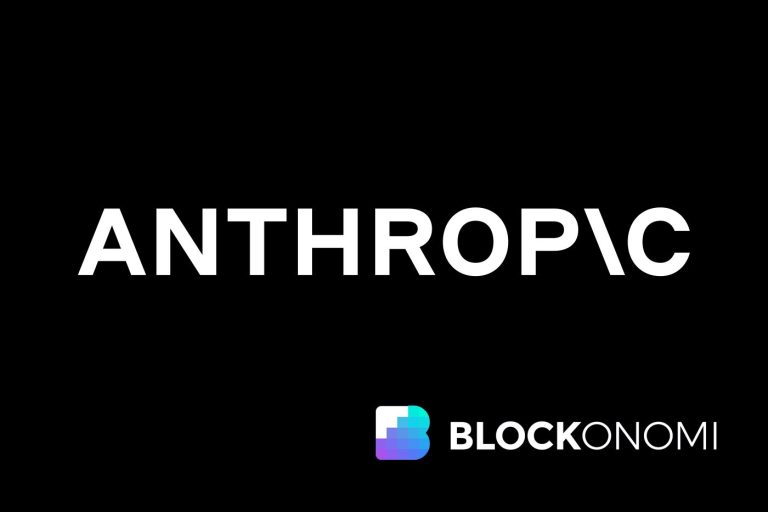
Unveiling the Science Behind Gratitude

The Psychological Impact of Being Thankful
Gratitude isn’t just a warm fuzzy feeling; it’s a powerful catalyst for happiness. Studies have shown that practicing gratitude can significantly increase overall well-being and life satisfaction. It shifts our focus from what’s missing to what’s present, fostering a sense of abundance.
Neurological Benefits of Gratitude Practices
Embracing gratitude can literally change your brain. Regular gratitude practices, such as keeping a gratitude journal or sharing what you’re thankful for during family meals, enhance neural modulation in the brain associated with emotional regulation. This can lead to better mood and reduced stress over time.
Gratitude and Physical Health: A Surprising Link
Did you know that gratitude can also boost your physical health? Research has linked gratitude practices with a variety of health benefits, including reduced symptoms of physical pain and improved sleep. People who regularly express gratitude report fewer health complaints and experience fewer illnesses.
Cultivating Gratitude in Daily Life

Simple Daily Practices to Foster Thankfulness
Incorporating gratitude into your daily routine can be transformative. Start by keeping a gratitude journal where you jot down three things you are grateful for each day. This simple act can significantly shift your mindset and improve your overall happiness. Engage in small acts of kindness daily to cultivate a habit of thankfulness.
The Role of Mindfulness in Cultivating Gratitude
Mindfulness and gratitude go hand in hand. Practicing mindfulness involves being present in the moment and appreciating it without judgment. This can enhance your capacity to feel gratitude more deeply. A basic mindfulness exercise involves focusing on your breath and noticing the sensations in your body, which can help anchor you in the present moment.
Overcoming Challenges to Maintaining Gratitude
It’s not uncommon to face obstacles in maintaining a gratitude practice, especially during tough times. One effective strategy is to reframe negative thoughts into opportunities for gratitude. For example, instead of dwelling on what went wrong, try to find a lesson or a silver lining in the situation.
Gratitude in Relationships

Strengthening Bonds through Thankfulness
Gratitude isn’t just a personal journey; it’s a bridge that connects us to the people we care about. By expressing thankfulness, we foster deeper connections and build trust within our relationships. Regularly acknowledging the good in others and showing appreciation can significantly strengthen our bonds. This practice not only enhances our personal happiness but also enriches our interactions, making them more meaningful and fulfilling.
Gratitude’s Impact on Communication and Conflict
Effective communication is often the cornerstone of any strong relationship. Integrating gratitude into our daily interactions can transform the way we communicate, leading to more positive and constructive exchanges. When gratitude becomes a habit, it helps reduce conflicts and misunderstandings, promoting a more harmonious environment. Embracing gratitude encourages us to focus on the positives, which can be especially helpful during challenging times.
Teaching Gratitude to Children and Its Long-Term Effects
Instilling gratitude in children is an investment in their future well-being. Studies show that grateful children tend to be happier and more satisfied with their lives and relationships. They also exhibit lower levels of stress and depression. Teaching children to appreciate what they have and to express thankfulness can lead to a lifetime of improved mental and emotional health. This foundational skill not only benefits them personally but also enhances their social interactions and academic performance.
The Broader Impact of Gratitude

Gratitude in the Workplace
In today’s fast-paced work environments, fostering a culture of gratitude can lead to increased job satisfaction and employee retention. Organizations that actively promote gratitude see a boost in morale and productivity. This is not just about saying ‘thank you’ but about creating a system where appreciation is part of the daily routine.
How Gratitude Can Transform Communities
Gratitude extends beyond personal benefits to significantly impact communities. When people express gratitude openly, it fosters a sense of community and mutual respect. This can lead to more collaborative efforts and a stronger, more connected society. Here, the practice of gratitude can be a powerful tool for social change, promoting inclusiveness and empathy among community members.
The Global Perspective on Gratitude
Gratitude is a universal language that transcends cultural boundaries. Different cultures may express gratitude in various ways, but the underlying sentiment is the same worldwide. Embracing gratitude can lead to a more harmonious global society, where understanding and appreciation for different cultures and traditions are enhanced.
Conclusion
In conclusion, embracing gratitude can profoundly transform our lives. By fostering a mindset of thankfulness, we not only enhance our own well-being but also contribute positively to the lives of those around us. The simple act of acknowledging the good in our lives can lead to increased happiness, improved health, and stronger relationships. As we continue to navigate the complexities of life, let us remember the power of gratitude and make it a daily practice. It’s a small step that can lead to significant, life-changing outcomes.







1 thought on “The Power of Gratitude: How Thankfulness Changes Lives”
Comments are closed.